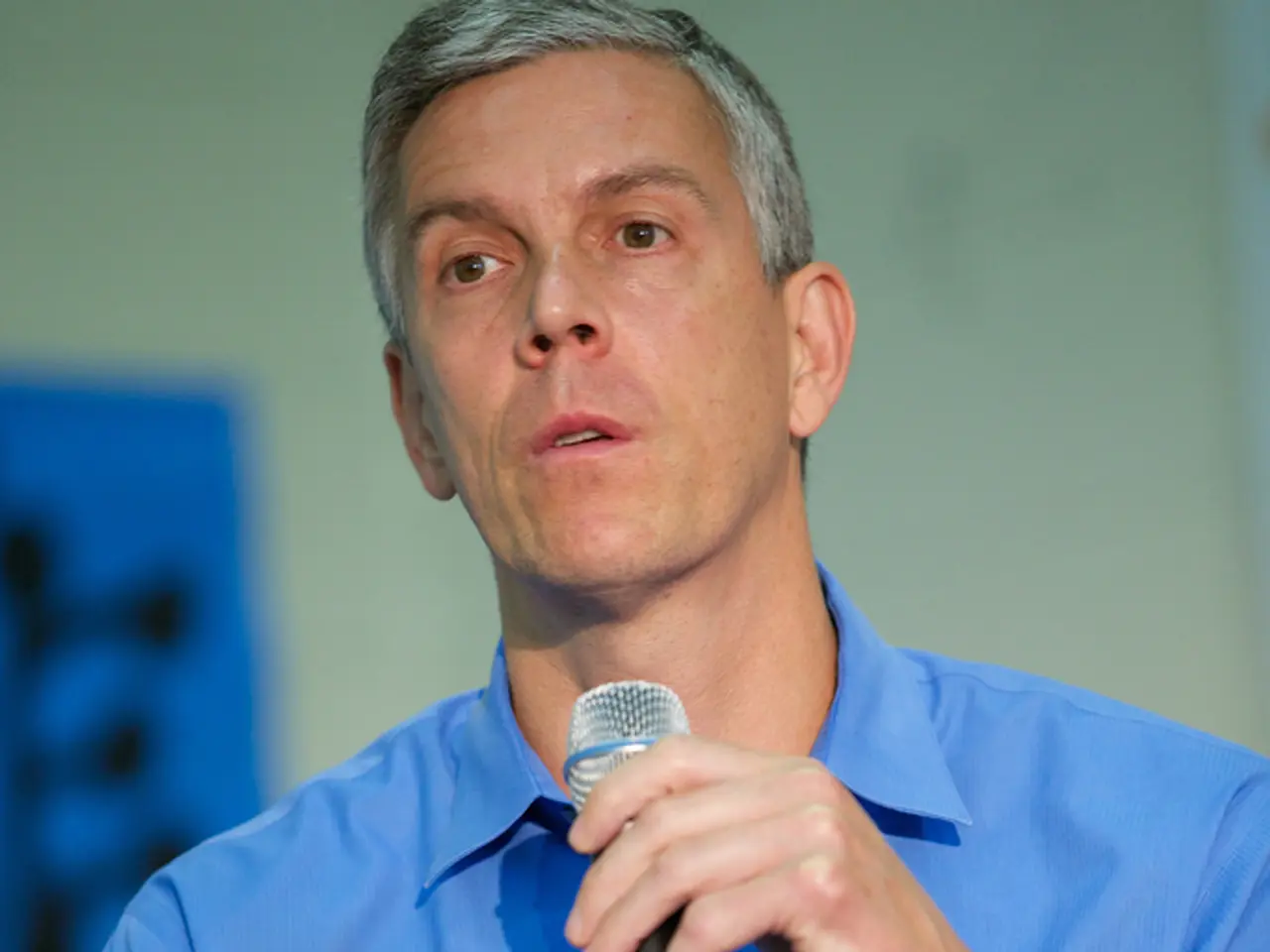Becoming a Voice Specialist in the UK: A Guide
In the UK, becoming a voice specialist is a rewarding yet challenging path that offers the opportunity to help people communicate more clearly and confidently, restoring one of the most essential tools we use every day - our voice.
The typical route to becoming a voice specialist involves training as a medical doctor followed by sub-specialization or working as a specialist speech and language therapist focusing on voice disorders.
**Medical Training Pathway**
The journey begins with a medical degree, typically taking 5 to 6 years, followed by foundation training. Aspiring voice specialists usually enter otolaryngology (ENT) specialty training or sometimes paediatrics with a focus on voice-related sub-specialties. In paediatrics, sub-specialty training is possible during specialty training years ST5-ST7 and requires application through official recruitment pathways, leading to GMC specialist register entry with sub-specialty recognition relevant to voice disorders.
Alternatively, otolaryngologists (ENT surgeons) can gain advanced training in voice and laryngology through clinical fellowships or sub-specialist training in voice medicine.
**Speech and Language Therapist Pathway**
Many voice specialists are speech and language therapists (SLTs) with advanced expertise in voice. SLTs focus on assessment and management of voice disorders, including neurological and progressive conditions such as Motor Neurone Disease (MND), Progressive Supranuclear Palsy (PSP), Huntington’s Disease (HD), and complex voice pathology. Specialist SLTs typically undergo postgraduate specialist training and develop clinical expertise managing patients with voice disorders.
**Common Conditions Treated by Voice Specialists**
Voice specialists treat a variety of conditions, including voice disorders related to vocal cord pathology such as nodules, polyps, paralysis, neurological voice issues from progressive diseases like MND, PSP, and HD, functional and psychogenic voice disorders, voice issues related to paediatric conditions or after laryngeal surgery, and for some, voice masculinisation or feminisation surgeries (though voice surgeons usually perform these).
**Top UK Hospitals and Training Centers Known for Voice Specialist Training**
Large teaching hospitals with dedicated ENT and speech therapy departments, such as Nottingham University Hospitals NHS Trust, offer voice specialist services and training. Specialist paediatric centres offering sub-specialty training in paediatrics, like Great Ormond Street Hospital and Royal Manchester Children’s Hospital, are also renowned. Major ENT centers linked to universities in London, Manchester, and other cities provide clinical fellowships and training focusing on laryngology and voice disorders.
For precise entry routes, application cycles, and detailed curriculum, consult the GMC, Royal Colleges, and NHS job portals related to ENT and speech therapy. The University of Oxford, University of Cambridge, Imperial College London, and University College London are some of the best universities in the UK for studying medicine.
As training advances, one can choose to focus on laryngology, the sub-specialty dealing specifically with voice and airway problems. Following the Foundation Programme, one must apply for specialty training in ENT surgery, which lasts around 8 years. Top training hospitals for ENT and laryngology in the UK include Guy's and St Thomas' NHS Foundation Trust in London, the Royal National ENT and Eastman Dental Hospitals, and the Queen Elizabeth Hospital in Birmingham.
Vocal cord nodules, polyps, cysts, and chronic laryngitis are other issues commonly treated by voice specialists. These centres offer both training and specialised voice clinics, often working alongside voice therapists and singing voice specialists.
- In the process of treating various medical conditions, such as Motor Neurone Disease (MND), Progressive Supranuclear Palsy (PSP), and Huntington’s Disease (HD), voice specialists often employ therapies and treatments that focus on health and wellness, including fitness and exercise, mental health, and science-based interventions.
- Apart from treating vocal cord pathologies like nodules, polyps, and paralysis, voice specialists also address cancer-related voice issues, offering critical support for those battling with this life-threatening medical-condition.
- In addition to their work in voice disorders and laryngology, some voice specialists may also offer services related to fitness-and-exercise, such as voice fitness classes, to help individuals maintain and improve their vocal health and overall well-being.




